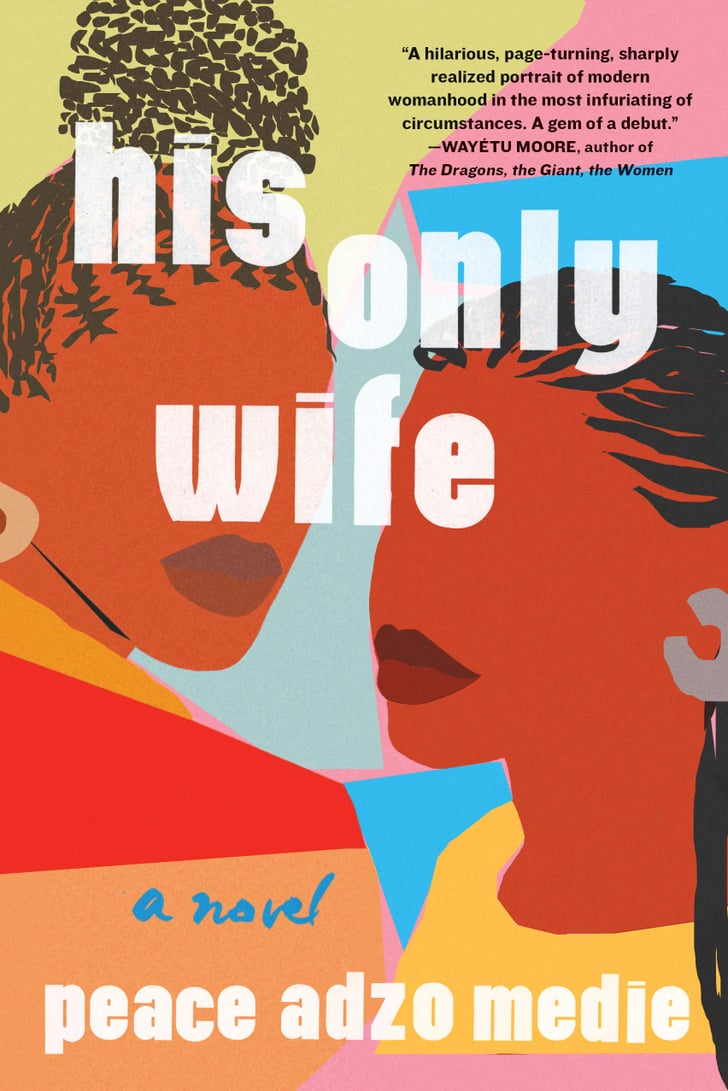


She is highly involved in her children’s lives, and seeks to control them and their choices, especially their relationships.Īfi’s mother. Aunty is charitable and generous, yet highly controlling and transactional. After Afi’s father’s death in 2004, Aunty provides Afi and her mother with a roof and job, rescuing them from a life of poverty and destitution. He is his mother’s favorite child.Įli’s mother, a wealthy businesswoman. His family arranges his marriage to Afi in the hopes he will tire of his relationship with Muna.

He has a young daughter, Lily, with Muna. He is also in a serious relationship with Muna, a Liberian woman his family disapproves off.

She and Eli have a young son, Selorm.Īfi’s husband and a wealthy businessman. After her marriage to Eli, she moves to Accra, where she studies fashion design and ultimately, with Eli’s help, opens her own clothes studio. As Afi and Elikem’s arrangement unfolds, will their marriage be enough to survive his divided attentions? What is the proper role of a woman and a wife in a traditionally patriarchal culture that is experiencing rapid societal change? CharactersĪt age 21, Afi is a beautiful, but poor, apprentice seamstress chosen to marry Eli Ganyo. In Ghana, polygamous marriage is a legal and socially accepted practice. Eli is infatuated and living with another woman, and Afi’s marriage is arranged so that she can win Eli over and bring him back into the family fold. Nonetheless, the two barely know each other, and the marriage is arranged between the two families to solve a problem. Eli, Afi’s new husband, is young, tall, handsome, and an extremely wealthy businessman. Afi Tekple, a poor, beautiful 21-year old Ghanaian seamstress living in small town Ho, is married off to Elikem Ganyo, the middle son of the wealthy and prosperous Ganyo family.


 0 kommentar(er)
0 kommentar(er)
